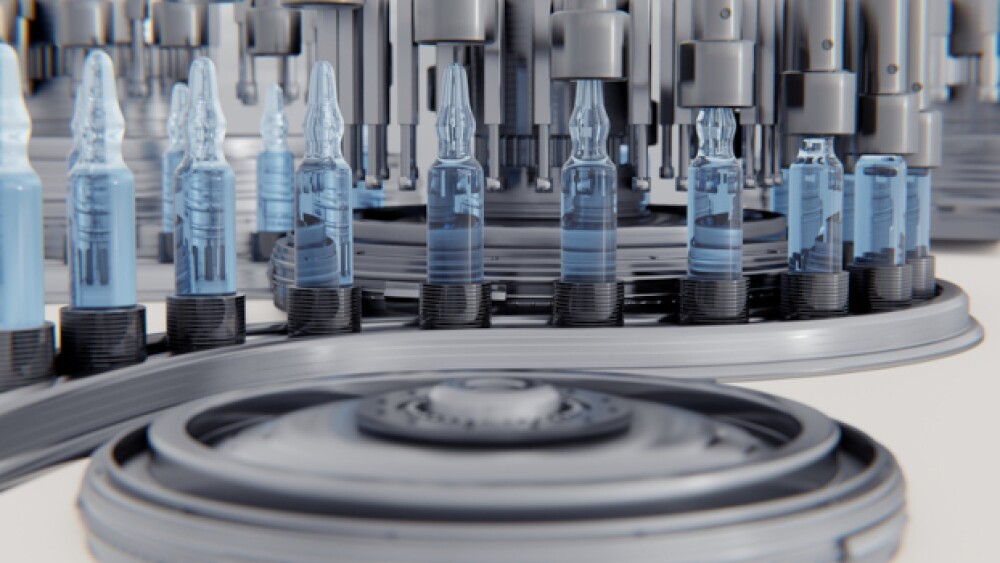Among the problems cited were cat hair, bacterial contamination and instrument defects.
The FDA has identified critical lapses at a production facility operated by Novo Nordisk that is used by several drugmakers, raising quality concerns for companies, including Regeneron and Scholar Rock, whose therapies are manufactured there.
The problems were reported on Thursday by STAT News, which obtained a copy of the FDA report. They include unaddressed instances of contamination by “atypical extrinsic particles” such as cat hair. The production plant, located in Indiana, “failed to determine a root cause of the contamination, assess the potential impact to the rest of the lot, or evaluate whether similar issues may have occurred in upstream batches,” the agency’s investigator wrote.
There appear to be no commercial drug lots affected by the hair contamination.
The FDA report additionally flagged bacterial contaminations and pest infestations, for which the facility was unable to adequately identify the root cause or assess the impacts on product batches. For years—with some cases dating as far back as June 2022—the plant also fielded complaints from different clients regarding “foreign matter” or “particles” detected in lots produced at the facility.
The site also “failed to investigate all critical equipment failures that have the potential to impact drug products,” the investigation revealed. Just in the period from late February 2024 to May 2025, the plant opened roughly 10 work orders for “recurrent leaks and/or other failures” of a certain system, for which some repairs were substantially delayed, according to the report.
According to reporting from STAT, the facility in question was once owned by Catalent and is one of the three plants handed over to Novo Nordisk when its parent company Novo Holdings acquired the CDMO giant in February last year. The takeover cost the Danish firm $16.5 billion. In a statement to STAT on Thursday, Novo said that it is taking all of the FDA’s observations “seriously” and has already filed a “comprehensive response” to the report.
“Appropriate actions are being taken to address each observation promptly and holistically,” a company spokesperson said.
In the meantime, these issues have already caused problems for Regeneron, which earlier this month revealed that two FDA decisions for the high-dose version of its blockbuster eye drug Eylea will be delayed due to problems at the Novo-managed manufacturing facility. On Wednesday, the pharma announced that it expects the verdicts to come in the fourth quarter. Regeneron’s applications concern the use of Eylea HD for macular edema after retinal vein occlusion, as well as a four-week dosing schedule for the drug across its approved indication.
Similarly, Scholar Rock earlier this month reported the challenges at the facility as the company awaits an FDA decision for apitegromab to treat spinal muscular atrophy. Executives said on a second quarter earnings call on August 6 that the inspection was not specific to apitegromab and that so far, the FDA appears to be on track for the September decision date.






